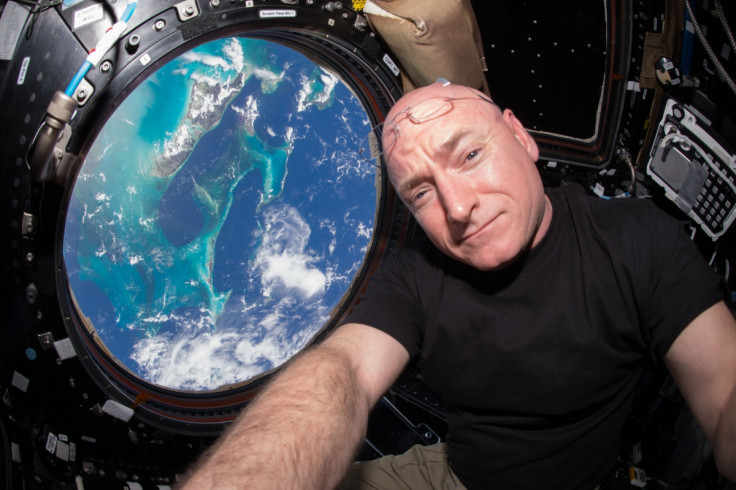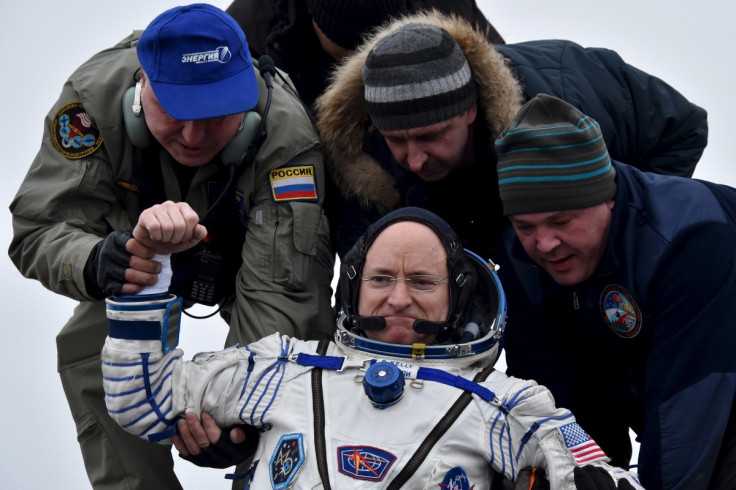US astronaut Scott Kelly set to retire after longest recorded American space mission

A US astronaut who holds the record for longest time spent in space will retire after spending almost a year on the International Space Station (ISS). Scott Kelly, who returned from the ISS on 2 March, will retire from his position at Nasa on April 1, the space agency has announced.
In total, Kelly has spent 520 days circling planet Earth, holding the record for the most time spent in space among US astronauts. In his last journey, Kelly joined Russian counterpart Mikhail Kornienko for a 340-day stay in space – the longest time any American astronaut has spent away from Earth without a break.
The 52-year-old's extended mission to the ISS is intended to pave the way for humans travel to Mars in the near future. The New Jersey-born pioneer's mission eclipsed the previous US record of days in space set in 2007 by former astronaut Michael Lopez-Alegria which stood at 215 days.

The former engineer and a retired US Navy captain has said that he will still work on ongoing research related to his time in space. The new studies will include his identical twin brother Mark Kelly, himself is a former Nasa astronaut, to analyse genetic changes to the body caused by the high radiation and weightless environment of space.
"This year-in-space mission was a profound challenge for all involved, and it gave me a unique perspective and a lot of time to reflect on what my next step should be on our continued journey to help further our capabilities in space and on Earth," Kelly said in the statement from Nasa.
Posted by NASA Astronaut Scott Kelly on Friday, 11 March 2016
In total, he flew to space four times beginning with a servicing mission to Nasa's Hubble Space Telescope on a servicing mission in 1999. The father-of-two had previously spent 159 days on the ISS.
In his last mission, he said he had travelled 144 million miles around the Earth – 4.04 million more than the average distance between Mars and the Earth – and took part in nearly 400 experiments designed to explore how life could survive on Mars. He also ventured out of the ISS during three spacewalks to carry out maintenance jobs, fixing the mobile transporter system on board and also reconfiguring an ammonia cooling system.
"Records are meant to be broken," Kelly said. "I am looking forward to when these records in space are surpassed."
© Copyright IBTimes 2024. All rights reserved.






